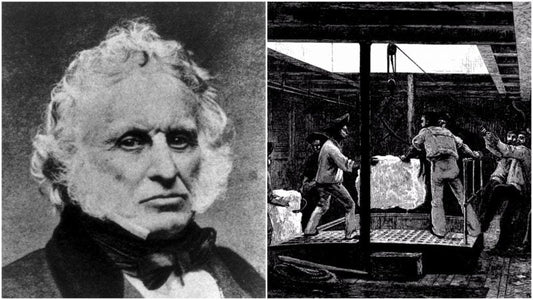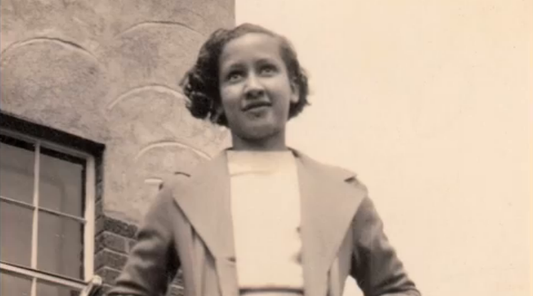
The Ice King: How Frederic Tudor Turned Frozen Water into a Global Empire
In the early 1800s, when most entrepreneurs were chasing gold, spices, or textiles, Frederic Tudor had another idea. He decided to sell... ice. Yes, ice to the tropics.
People called him mad. Some laughed. Others tried and failed. But Frederic Tudor didn’t just see a block of ice; he saw a business model, a logistics system, and a future no one else could imagine.
Welcome to the story of The Ice King, a 19th-century disruptor whose journey holds powerful lessons for today’s innovators, entrepreneurs, and creative problem-solvers.
A Cold Idea in a Hot Market
At just 22 years old, Tudor loaded a ship full of New England ice and set sail for the Caribbean in 1806. Locals had never even seen ice, let alone bought it. His first shipment mostly melted. His second ended in financial disaster. But Tudor kept going. He refined his supply chain, built better ice houses, and slowly educated the market.
Within two decades, he was exporting ice to India, Cuba, and Brazil. His ice, harvested from frozen ponds near Boston, traveled thousands of miles and was sold at a premium.
Why does this matter to modern minds? Tudor proved that:
- A ridiculous idea might just be brilliant.
- The market doesn’t have to already exist, you can create it.
- Logistics, not just invention, is often the true innovation.
Turning Setbacks into Systems
Tudor’s journey wasn’t smooth. He was jailed for debt. Laughed at in the press. Mocked by competitors. But he kept experimenting.
He pioneered insulation techniques using sawdust, a waste product. He built a network of icehouses across the tropics. He figured out timing, storage, and pricing.
This is systems thinking in action. Tudor didn’t invent ice; he invented an ecosystem around it.
Tip for entrepreneurs:
Don’t just think about your product. Think about what needs to exist around your product to make it work.

What Others Missed, Tudor Mined
Ice was everywhere in New England winters. It was free. No one thought to sell it. Tudor flipped the script. He didn’t invent value, he recognized it where others didn’t.
This is a hallmark of a Corkscrew Thinker, someone who moves against the grain, challenges assumptions, and builds business from backward logic.
Ask yourself:
- What is today’s “ice”?
- What resource is overlooked, wasted, or misunderstood?
- What problem seems absurd to solve, but might be game-changing if you did?
Tudor’s legacy lives on in our freezers, our cold chains, and our grocery stores. But more than that, his life is a masterclass in:
- Grit: He failed often but kept moving.
- Vision: He saw global possibility in a local material.
- Systems Innovation: He made ice work because he made the system work.
As historian Gavin Weightman notes in The Frozen-Water Trade, Tudor “redefined commerce through bold logistics.” And his impact stretches far beyond blocks of frozen water.
Frederic Tudor’s story teaches us to rethink what’s possible, and to stay curious, even when our ideas seem laughable.
So the next time someone says your idea is too strange, too small, or too soon...
Remember the man who sold ice to the tropics, and became a king.




